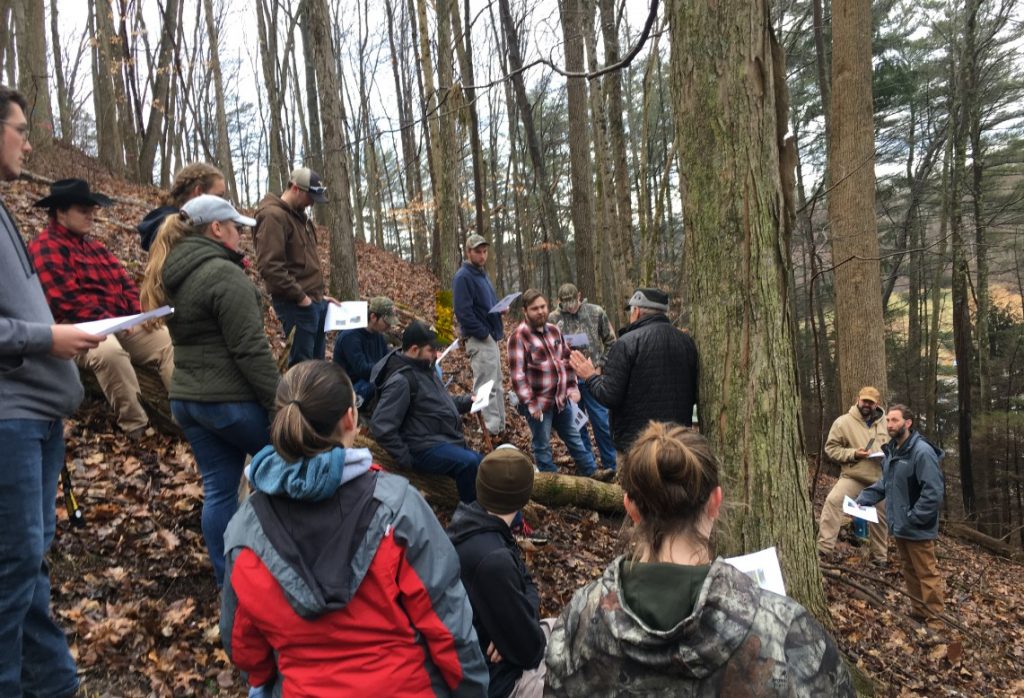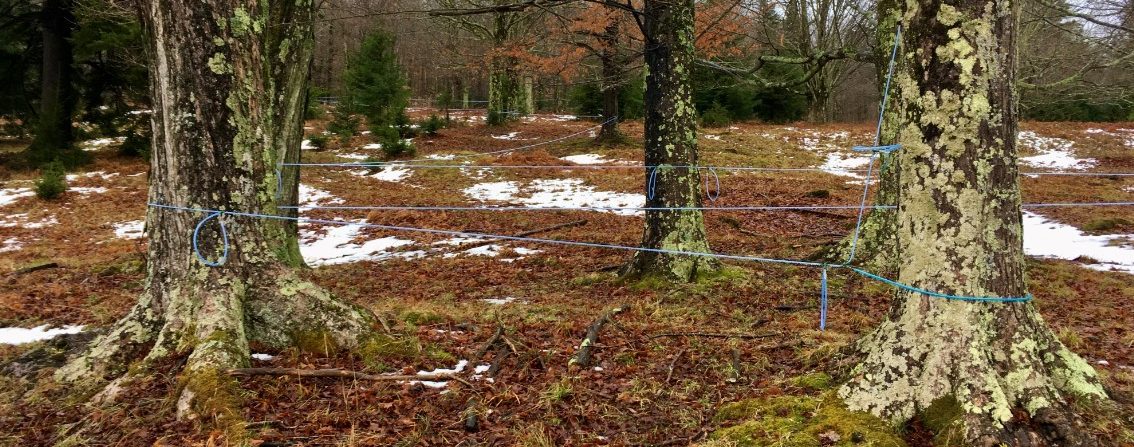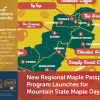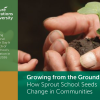This is part three of a six part series exploring Future Generations University’s global policy impact. For an overview of the series, click here.
West Virginia has more maple trees than Vermont—yet less than 1 percent were being tapped in 2017. Historically, Appalachia’s environment was extracted for development. Future Generations University’s Appalachia Program offers an alternative, growing nature-based enterprises with a network of producers, starting with maple syrup.
Research Question: How can sustainable land use occur in tandem with environmental stewardship, allowing Appalachian landowners to make money off the forests?
Area of Focus: Across a region long associated with extractive land use (Appalachia, in coal and timber cutting) continuing economic opportunities while growing environmental and cultural sustainability.
Policy Result: Now created West Virginia state policy on maple production codified in a compliance manual to support producers; with public engagement by establishing the Southern Maple Syrup Association and a growing collection of producers across Appalachia abiding by those policies.
Work Started: 2017
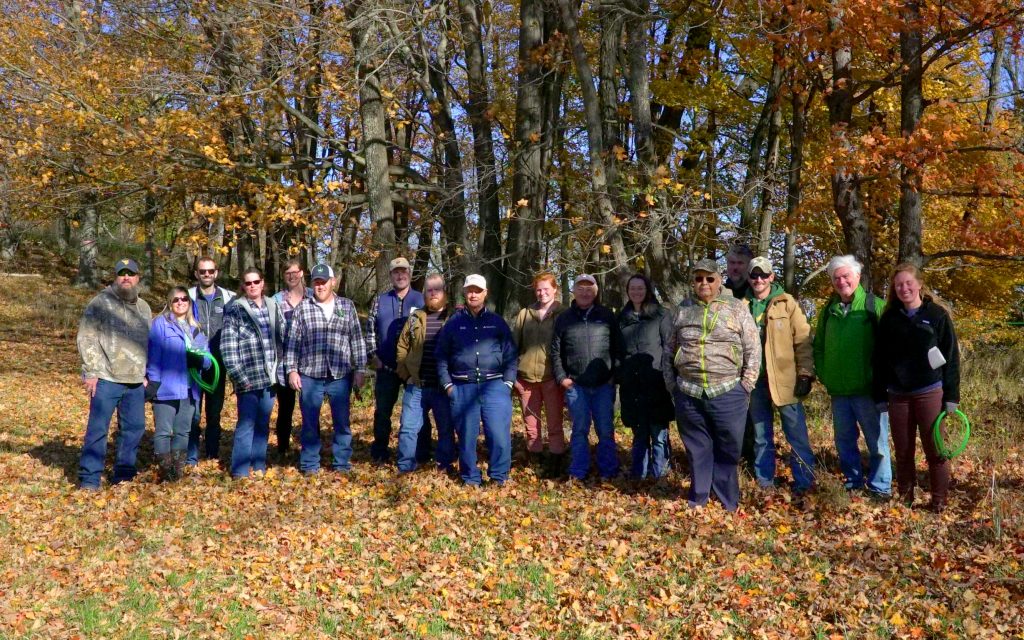
Appalachia is rich in resources. It’s economy, historically, has been extractive. Coal was mined and timber logged. These industries didn’t sustain the environment or communities.
But those same resources offer an alternative. West Virginia boasts more maple trees then Vermont yet less than 1 percent were being tapped in 2017 when the Appalachia Program started. Researchers studied how to build production capacity and expand the market. There is a rich culture of domestic syrup use with traditional methods going back centuries. Researchers started training landowners in the new technologies available, pairing prospective producers with veterans. As capacity grew, researchers began expanding the market, ensuring value isn’t lost. The team now spans every step of the process—onboarding new producers, collecting sap, bottling syrup, building consumer awareness, and marketing product.
Because of the knowledge grown, the West Virginia Department of Agriculture asked for help creating the state policy to oversee what had quickly become a growing industry. In concert with the policy, researchers also wrote a handbook to assist in compliance, creating a three-way partnership between producers, the government, and experts., West Virginia now leads states in the sophistication of its maple syrup production compliance and oversight.
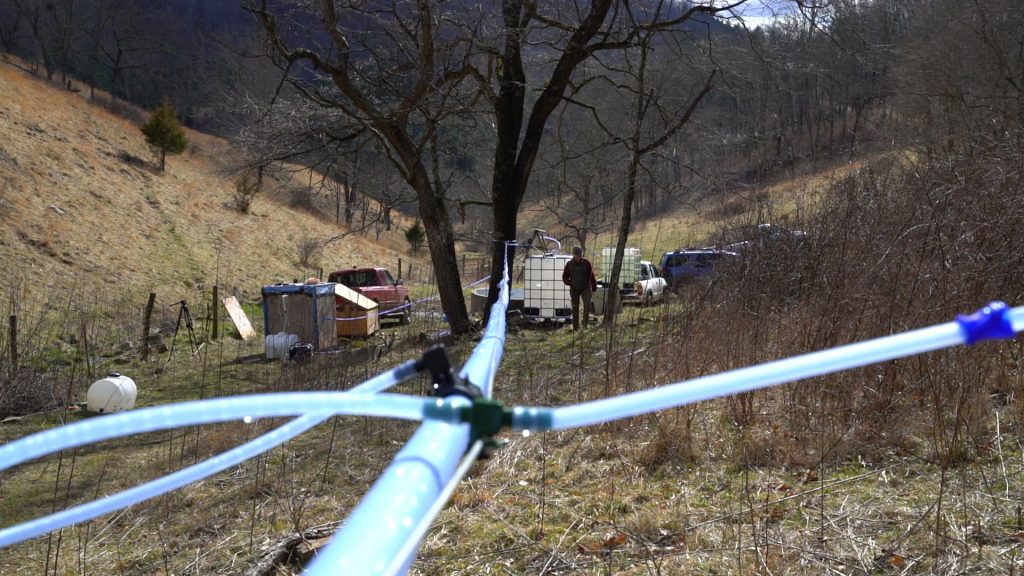
Maple syrup, though, is just the start—it’s the passport into an entire world of non-timber forest products. There are untapped tree syrup options for research; already underway are studies into black walnut, sycamore, and black birch syrups. Meanwhile, research is also experimenting with new technologies to extract tree sap. Farmers are learning how to make income from their farms in late winter when no other crop is giving them money. The goal is to empower people to steward their land and earn an income. Research has already started into other non-timber forest products such as honey, and mushrooms.
